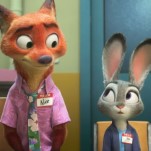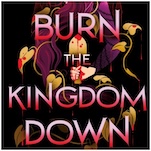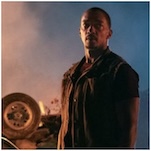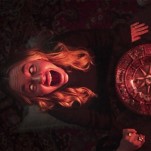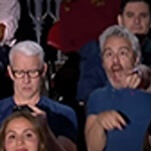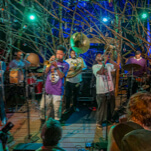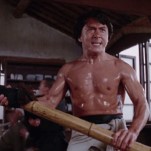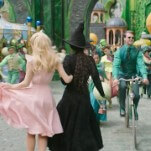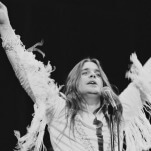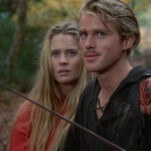I, Daniel Blake
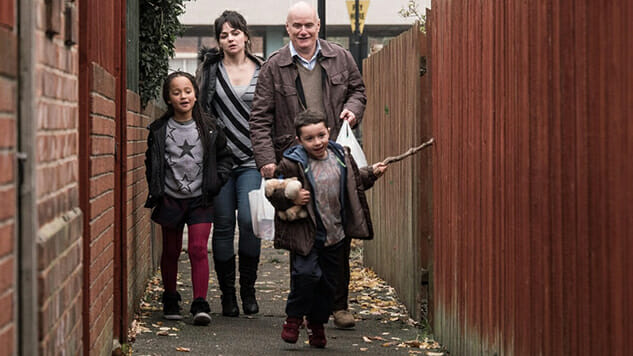
Ken Loach’s outrage hasn’t been so evident in years. Returning to the modern day (and to form) after Jimmy’s Hall and documentary The Spirit of ’45, Loach uses I, Daniel Blake to train his ire on everything that blights austerity Britain: encroaching privatization of public services, a shrinking jobs market, zero-hours contracts, rising poverty and homelessness, and, above all else, the country’s deliberately overbearingly bureaucratic “benefits system.” These are issues so pressing they (since no one else in UK film was adequately willing to tackle them) brought the director out of retirement. Now Loach is back with such ferocity that his latest—his last?—also happens to be his best since his Palme d’Or-winning The Wind That Shakes the Barley a decade ago.
Loach sets his 24th feature in a location most Americans will have never even seen on screen: Newcastle upon Tyne, the kind of grey working-class city that UK cinema prefers to forget exists. Through the story of Dave Johns’ Daniel Blake, a 59-year-old carpenter who runs the gauntlet of Britain’s byzantine welfare program when a heart attack takes him out of work, Loach gives a gut-churning impression of what it’s like to suddenly fall through the cracks in a country that’s lost patience with the less fortunate. The film is almost thriller-like, with a ticking-clock scenario wherein Daniel must overturn the government’s decision to deny him a disability check before his meager savings run out and his health further deteriorates.
Particularly in the film’s first half, before Blake’s desperation truly sets in, Loach tackles Britain’s welfare system in a blackly comic way. He recognizes there’s no other way to approach certain aspects of it than as farce: Daniel must trudge around town handing out CVs in order to claim a “jobseeker’s allowance” even though he’s forbidden by doctors from accepting any work he may actually be offered. When it gets serious, and the film is often gravely so, I, Daniel Blake is wrenching. Following one typically frustrating trip to his local job center, Daniel joins forces with young mother Katie (Hayley Squires), whose benefit payments are slashed when she arrives late to an appointment. Later, in the film’s most affecting scene, Katie is reduced to the humiliation of collecting groceries from a charity “food bank”; having had nothing to eat in days, she instinctively rips open a tin of beans and begins inhaling the dripping contents right there in the building.
-

-

-

-

-

-

-

-

-

-

-

-

-

-

-

-

-

-

-

-

-

-

-

-

-

-

-

-

-

-

-

-

-

-

-

-

-

-

-

-


